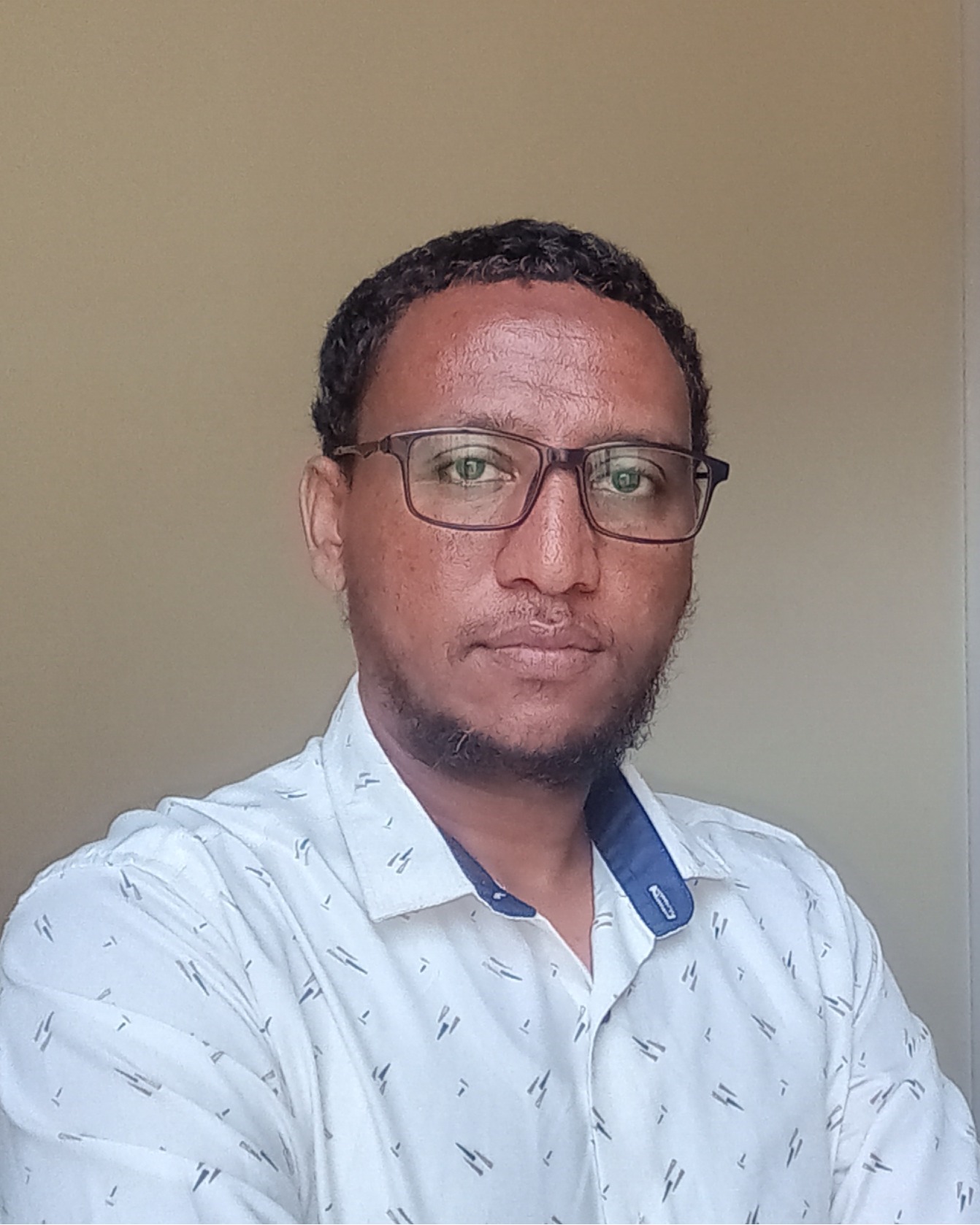Dr Essa Chanie Mussa

ROSETTA Project:“Anticipatory Nutrition and Child Outcomes for Resilience in Sub-Saharan Africa (ANCHOR-AFRICA)”
Supervisor: Dr Edel Doherty
Host University: University of Galway
Email: essa.mussa@universityofgalway.ie
LinkedIn: https://www.linkedin.com/in/essa-chanie-mussa-87b59751/
ORCID ID: 0000-0003-1780-4681
Dr. Essa Chanie Mussa is a ROSETTA Postdoctoral Fellow at the University of Galway, supervised by Dr. Edel Doherty. He is a Development Economist specializing in social protection programs, agricultural transformation, environmental risk, and child human capital in Sub-Saharan Africa.
He earned his PhD in Development Economics from the University of Bonn, an advanced MSc in Globalization and Development from the University of Antwerp, and a collaborative MSc in Agricultural and Applied Economics from Egerton University and the University of Pretoria. His research has been published in leading international journals, including Social Science & Medicine, PLOS ONE, BMC Health Services Research, SSM – Population Health, SSM – Health Systems, BMC Public Health, and the International Journal of Educational Development.
Dr. Mussa’s work integrates causal inference, spatial econometrics, and machine learning to examine how social protection systems, environmental change, and spatial inequalities shape agrifood systems, poverty dynamics, and child health and nutrition outcomes across Sub-Saharan Africa.
Through the ANCHOR-AFRICA project, he investigates the causal impacts of climate change, land degradation, and drought on child nutrition outcomes. He also conducts cross-country analyses of how social protection programs mitigate environmental risks via effects on agricultural productivity, technology adoption, and labor market adjustments. In parallel, he develops spatially explicit, uncertainty-aware targeting tools that integrate household survey data with satellite imagery to support more equitable, anticipatory, and climate-responsive social protection and nutrition policies in low- and middle-income countries, including fragile and conflict-affected settings.
His work advances equitable, evidence-based development strategies aligned with SDGs 1 (No Poverty), 2 (Zero Hunger), and 3 (Good Health and Well-being).
Dr. Mussa has worked with UNICEF Innocenti, UNICEF Evaluation Office, UNICEF Ethiopia, and the Centre for Evaluation and Development (C4ED) on policy-relevant research and impact evaluations across multiple low- and middle-income countries. At CARE Ethiopia, he led the contextualization and strategic design of pastoral development policy and strategy frameworks, and at the YADAM Foundation, he managed a high-level advocacy project for evidence-based cost-effective nutrition implementation and policy reform. He previously served as Assistant Professor at the University of Gondar, was a Visiting Scholar at the University of Antwerp, and currently holds an Adjunct Faculty appointment at the University of Gondar.
